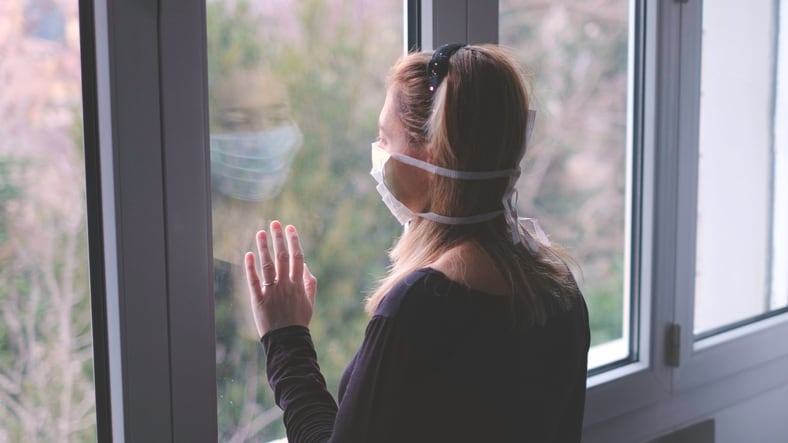Researchers from Trinity College in Dublin, Ireland, studied the high prevalence of Vitamin D deficiency in Northern Hemisphere countries and the possible role of vitamin D in suppressing the severe inflammatory responses seen in very ill COVID-19 patients and in COVID-19 deaths.
The work was undertaken by Dr Eamon Laird, from the School of Medicine at Trinity College Dublin, and Professor Rose Anne Kenny, Principal Investigator and founder of the Irish Longitudinal Study on Ageing (TILDA), in collaboration with Professor Jon Rhodes and Dr Sree Subramanian at the University of Liverpool.
Published as an editorial in the Journal of Alimentary Pharmacology and Therapeutics, the authors point out that it is becoming clear that countries in the Southern Hemisphere such as Australia are seeing relatively low mortality due to COVID-19, which can no longer feasibly be related to the later appearance and spread of the virus.
The study states that all countries that lie below a latitude of 35 degrees North have relatively low mortality from COVID-19, whereas people in countries that lie thirty-five degrees North and above receive insufficient sunlight for adequate vitamin D levels in winter and spring. These include Italy and Spain, which have low population levels of vitamin D.
Mortality rates from COVID-19 are higher at these latitudes, with the exception of Nordic countries, where vitamin D supplementation is widespread and deficiency much less common.
Vitamin D is important in regulation and suppression of the inflammatory cytokine response, which plays a role in the severe consequences of COVID-19 and ‘acute respiratory distress syndrome’ associated with ventilation and mortality in COVID-19.
The report argues that further research is 'urgently needed' to assess whether there may be a correlation between vitamin D status and severity of COVID-19 but says that, in the meantime, governments should be advocating supplementation of the vitamin.
It states: "A substantial proportion of the population in the Northern Hemisphere will currently be vitamin D deficient, and supplements eg. 1000 units per day are very safe. It is time for governments to strengthen recommendations for vitamin D intake and supplementation, particularly when under lock-down Vitamin D deficiency correlates with poor sunlight exposure, age, hypertension, diabetes, obesity and ethnicity—all features associated with increased risk of severe COVID-19."
Public Health England, and the Scottish and Welsh governments have issued recommendations for supplements for all adults from October to March, and supplementation all year round for adults living in care homes or nursing homes, required to wear clothes that cover most of the skin when outdoors, or with dark skin.
The National Health Service has also recommended everyone consider taking 10 micrograms of vitamin D a day during lockdown as they may not be getting enough vitamin D from sunlight if they’re indoors most of the day.
Professor Kenny says: “Similar public health recommendations are called for in Ireland. This advice is of importance given high mortality rates for SARS-CoV-2 infection in our nursing home sector. We are recommending that all nursing home residents take vitamin D.”
Dr Laird adds that whilst vitamin D can be consumed through the diet, supplementation can help ensure sufficient levels in the bloodstream.
He says: “In addition to metabolism in the skin, which is due to sun exposure, Vitamin D is present in foods such as oily fish (salmon, tuna, sardines), cheese, egg yolks and beef liver. However, supplementation is the best means of ensuring sufficient Vitamin D blood levels. As the effects of coronavirus continue, many of us are limited in the time we can spend outdoors, so extra care is required to keep vitamin D levels healthy.”
Source: Alimentary Pharmacology and Therapeutics
Rhodes. J. M. et al
"Editorial: low population mortality from COVID‐19 in countries south of latitude 35 degrees North – supports vitamin D as a factor determining severity"




